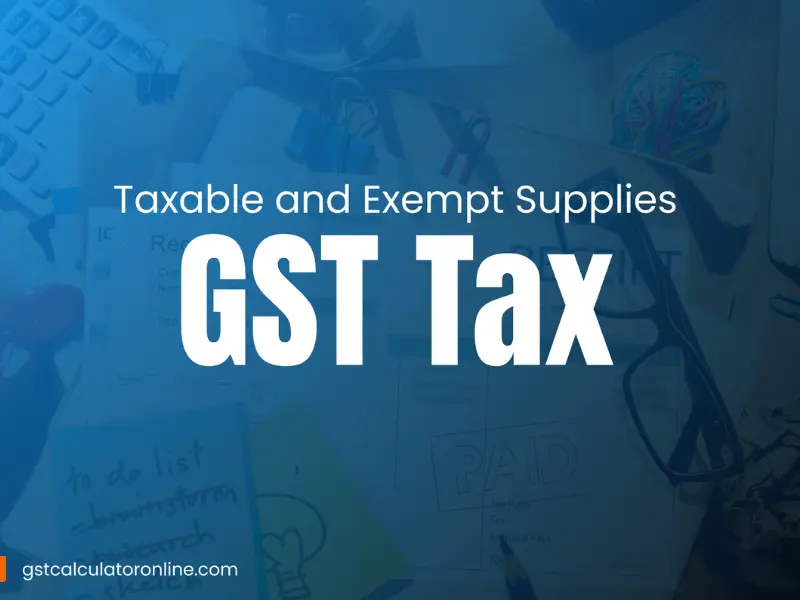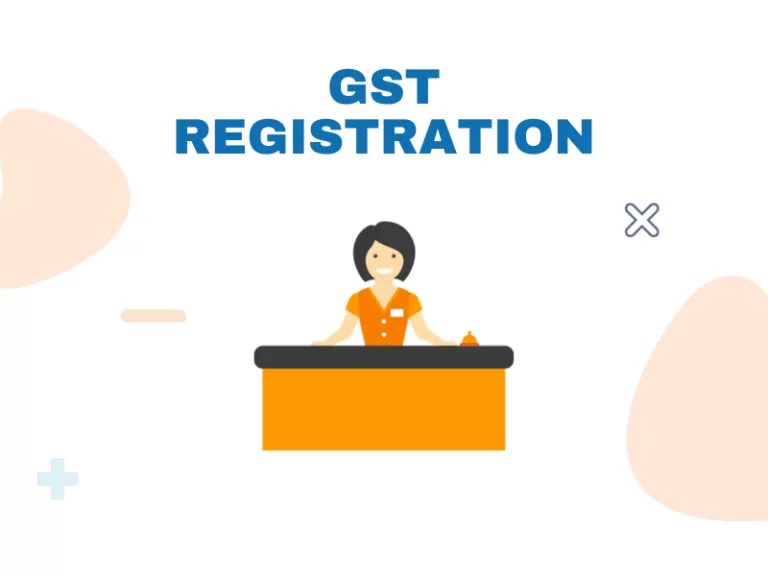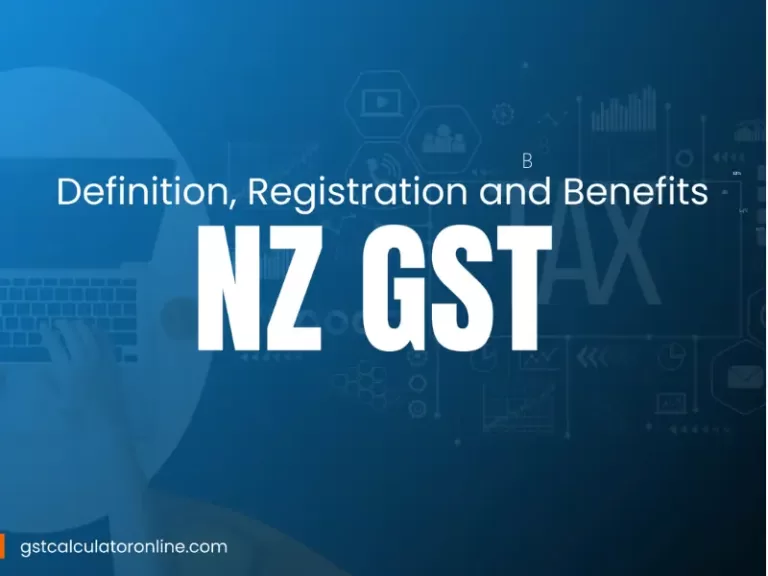Taxable, Exempt, and Zero-rated Supplies

In our ongoing discussion about the complex aspects of GST tax, we continue to emphasize that GST is not always as straightforward as simply applying 15% to supplies or expenses. One particularly intricate area within GST pertains to claiming input tax credits when assets are used for making both taxable and exempt supplies.
Navigating the intricacies of GST tax, especially when dealing with zero-rated or exempt supplies, can be overwhelming for New Zealand taxpayers. It is essential to understand these distinctions to ensure proper compliance and accurate tax calculations.
GST Supplies Quick Overview
Broadly speaking, there are three primary categories of supplies under the New Zealand GST system:
Understanding Taxable Supplies
Taxable supplies are goods and services that are subject to GST at the standard rate of 15%. Businesses registered for GST are required to charge GST on their taxable supplies and can also claim GST credits on their business expenses.
Examples of Taxable Supplies
Some common examples of taxable supplies include:
In general, if your business is GST-registered and the goods or services you provide fall under the category of taxable supplies, you must charge GST to your customers and file the necessary GST returns.
Charging and Claiming GST for Taxable Supplies
As a GST-registered business, it’s essential to charge and record GST on all taxable supplies made accurately. The process typically includes:
Read more about:
Exempt Supplies
Exempt supplies are goods or services not subject to New Zealand’s GST. Businesses that provide exempt supplies are not required to charge GST on their transactions.
Examples of exempt supplies include:
Implications for Businesses Providing Exempt Supplies
Although businesses providing exempt supplies do not charge GST on their transactions, they may face several limitations:
Zero-rated Supplies
Zero-rated supplies are a unique category of goods and services that, despite being taxable, attract a GST rate of 0%. Essentially, no GST is levied on these transactions. However, as a GST-registered business, if you provide zero-rated supplies, you can still claim GST credits on the input tax incurred while procuring goods and services for your business activities.
Criteria for Zero-rated Supplies
The following types of supplies are generally classified as zero-rated:
It is essential to know the specific criteria for zero-rating a supply, as certain conditions or exceptions might apply. A thorough understanding of the GST legislation is vital to ensure accurate treatment of zero-rated supplies.
The Impact of GST Tax on Small Businesses
Businesses dealing with various types of supplies need to keep accurate accounting records and clearly distinguish between taxable, exempt, and zero-rated transactions. This is crucial for:
Individuals should also understand the difference between these supply categories, as this knowledge informs their purchasing decisions and helps them identify any inaccuracies in the GST charged by businesses.
FAQ
Conclusion
Understanding the intricacies of the Goods and Services Tax (GST) is a crucial aspect of conducting business, particularly for small businesses and individuals. The ability to accurately classify supplies as taxable, exempt, or zero-rated ensures precise GST calculations and compliance with tax legislation. It empowers businesses to claim eligible credits, thereby fostering financial efficiency. For consumers, a clear comprehension of GST nuances aids in making informed purchasing decisions and identifying discrepancies in charges. Knowledge of GST is, therefore, an indispensable tool for navigating the New Zealand commercial landscape.


